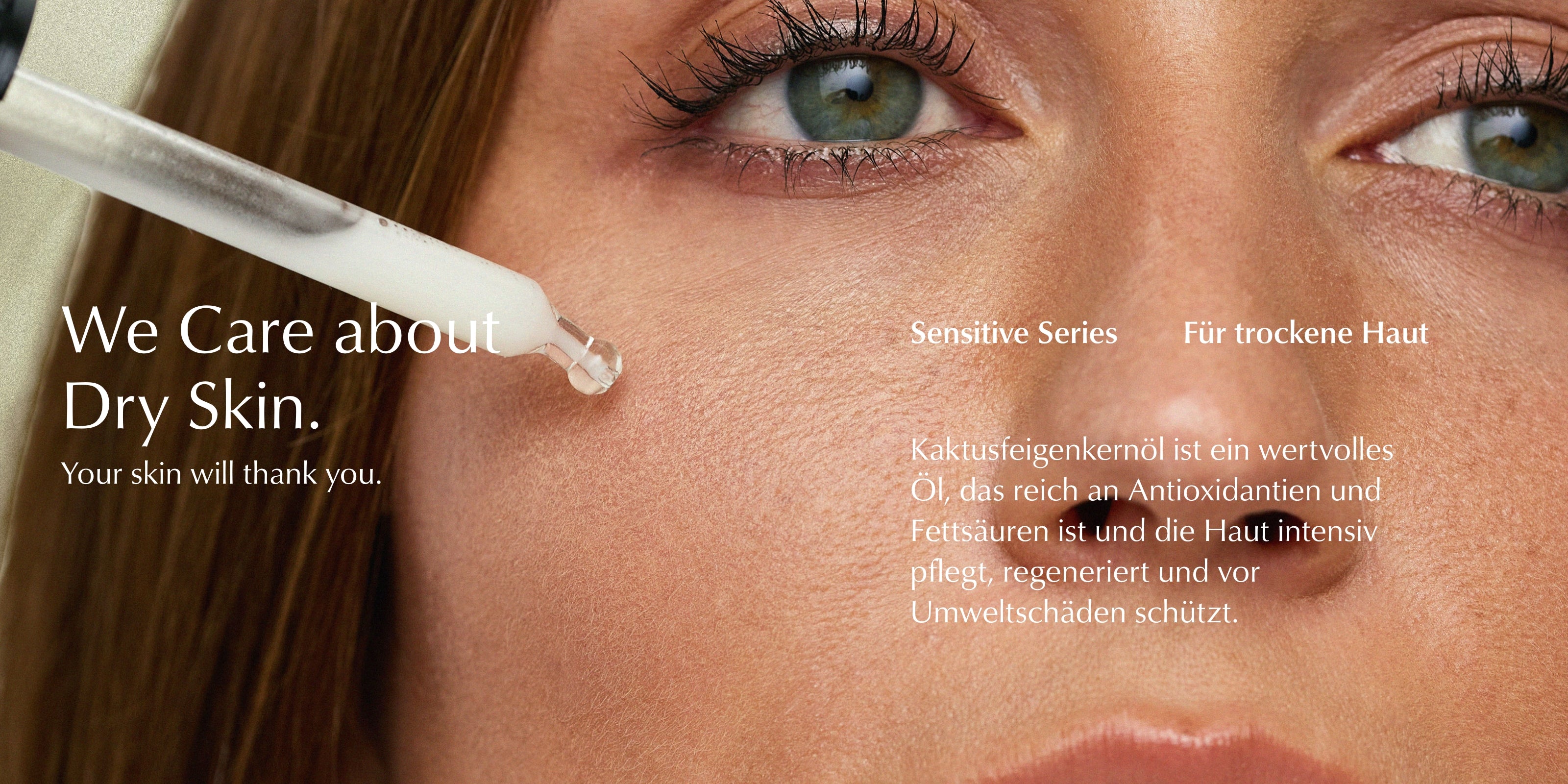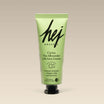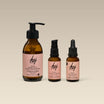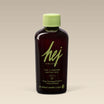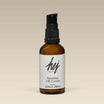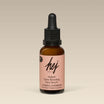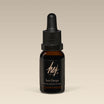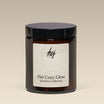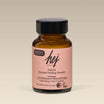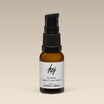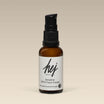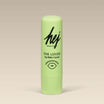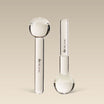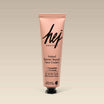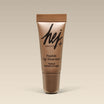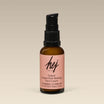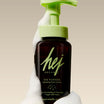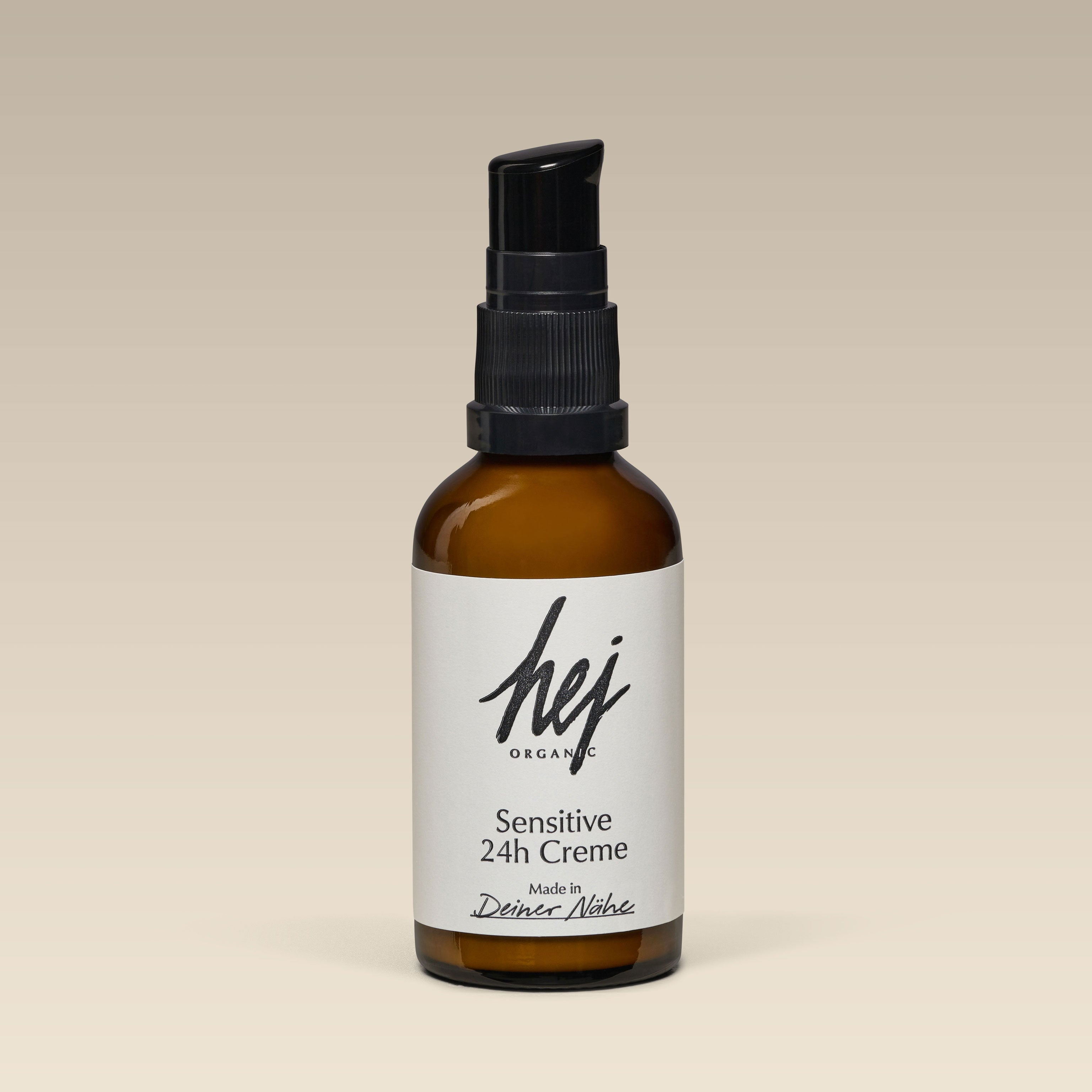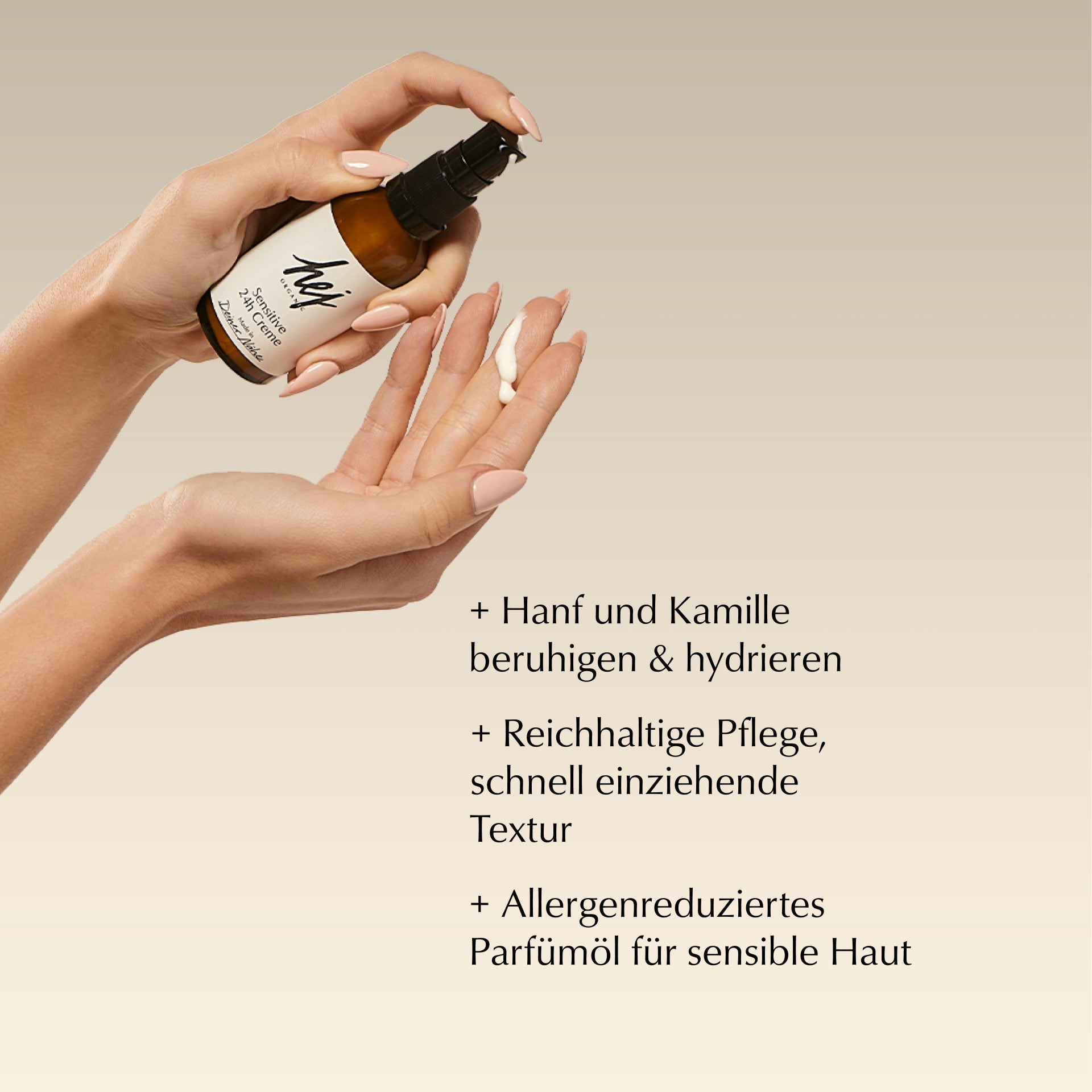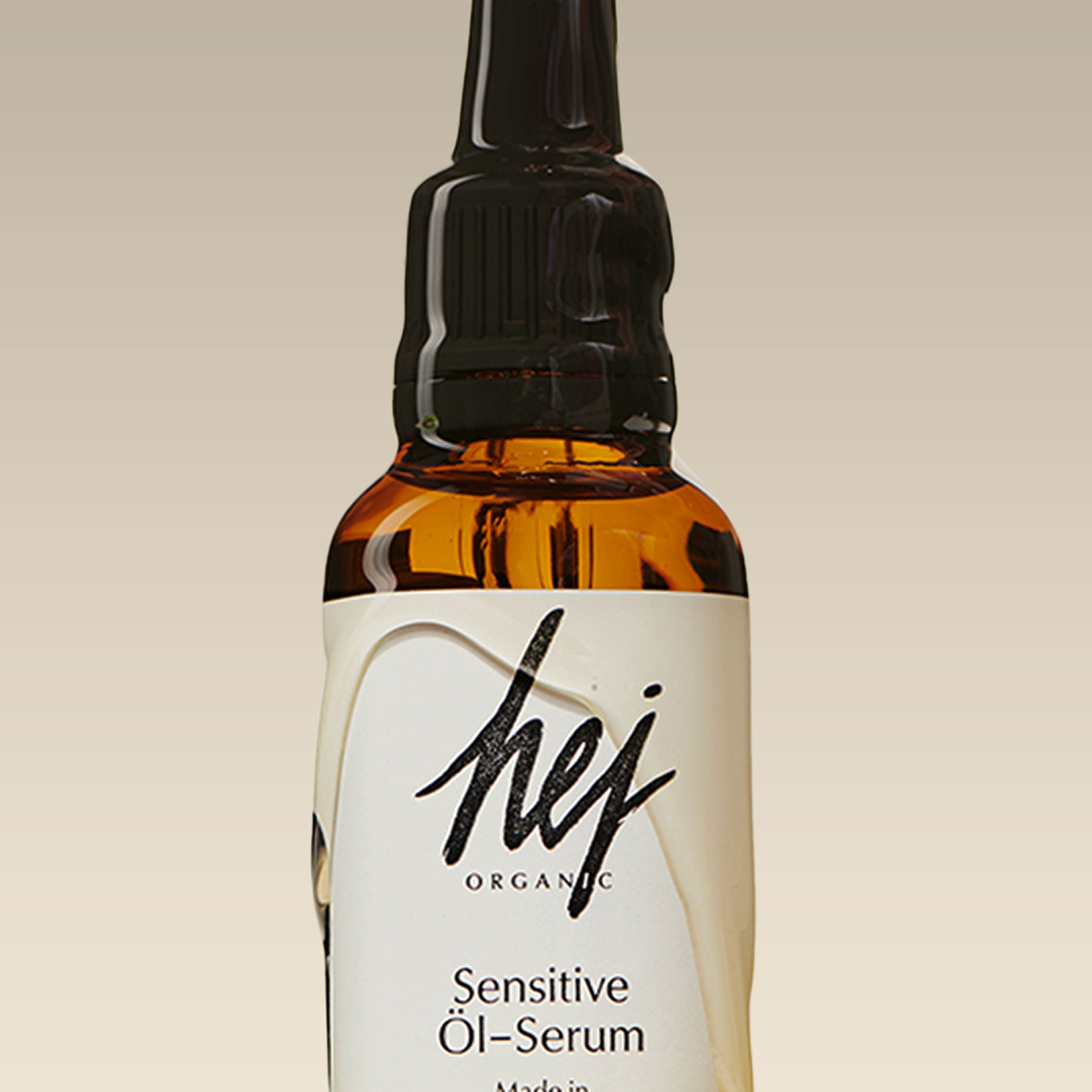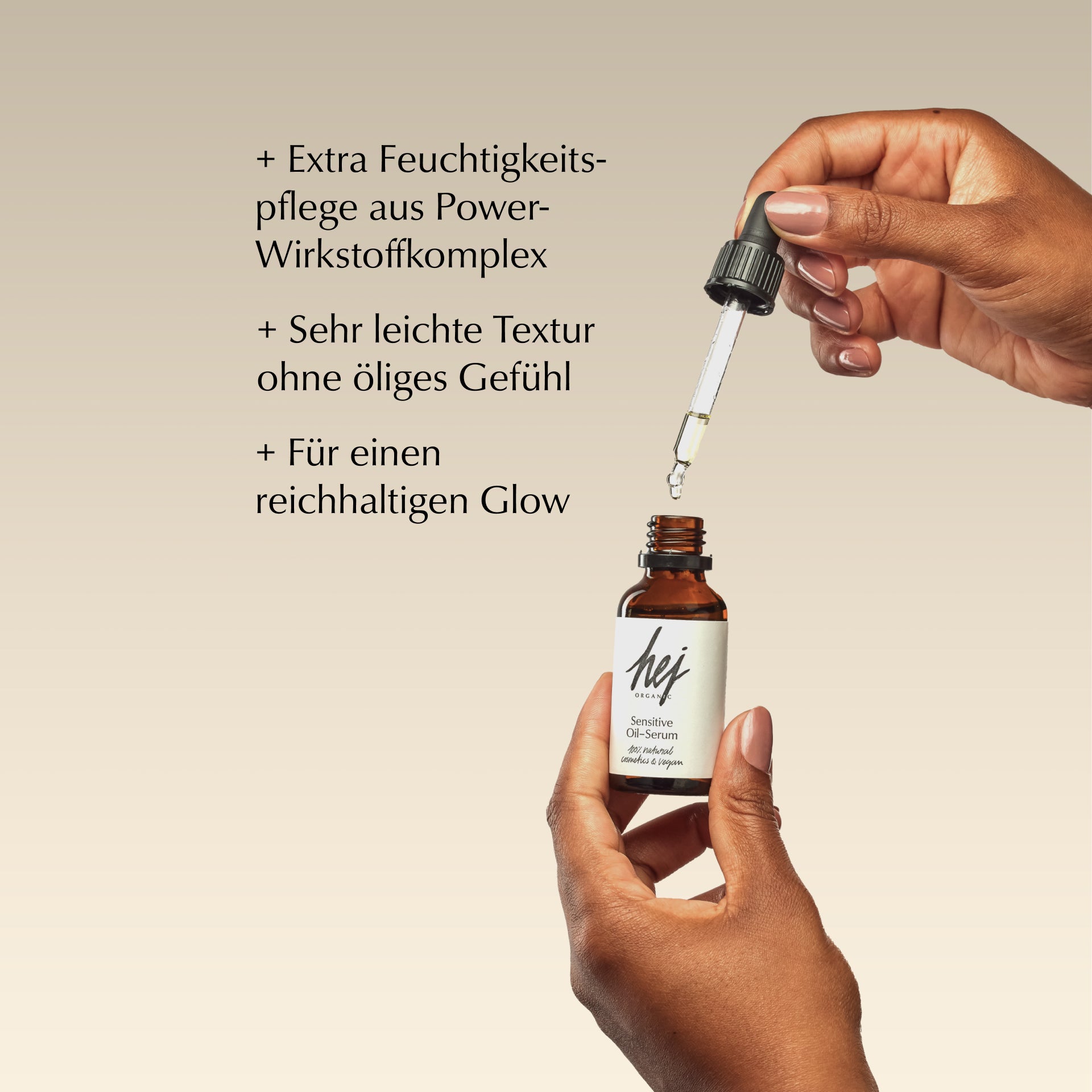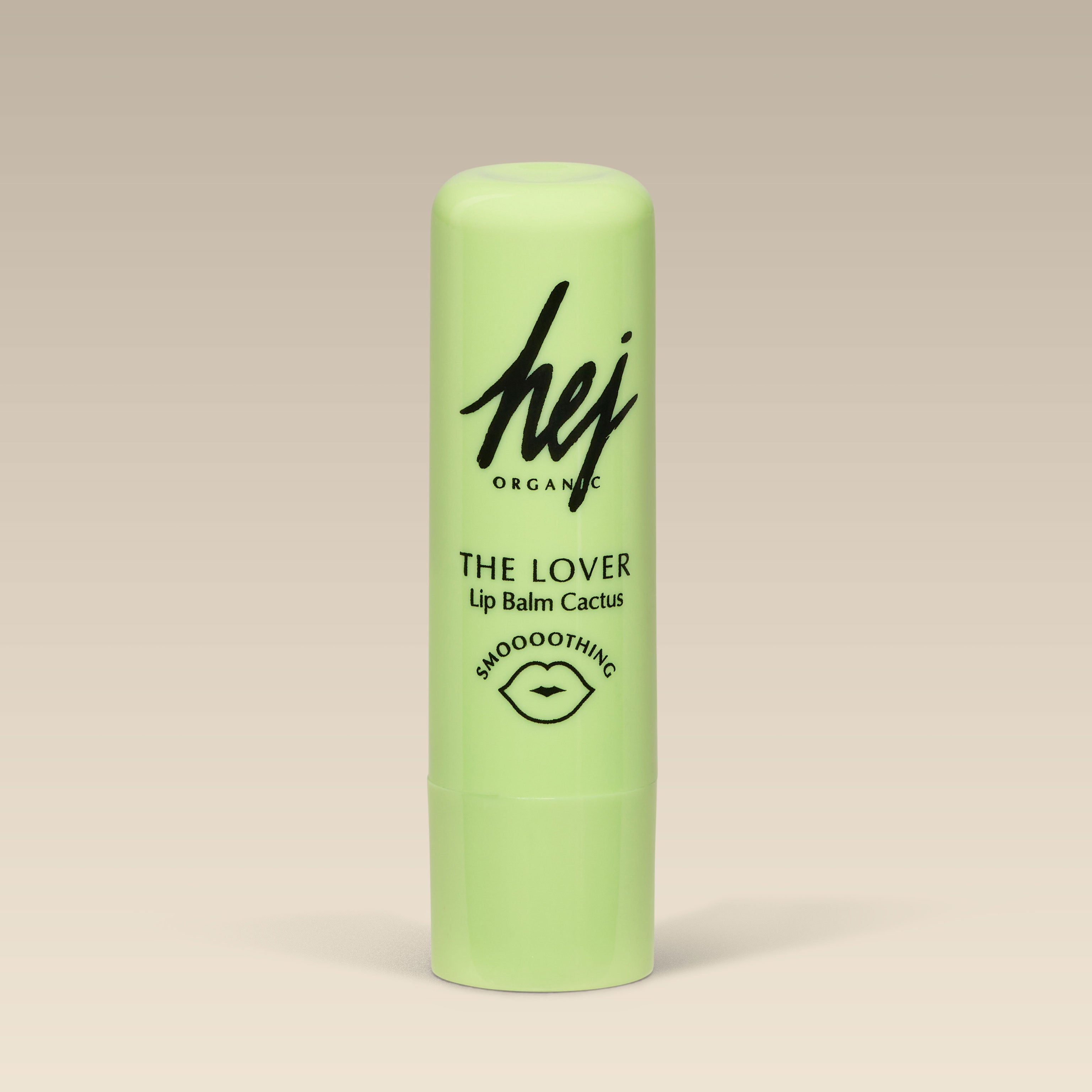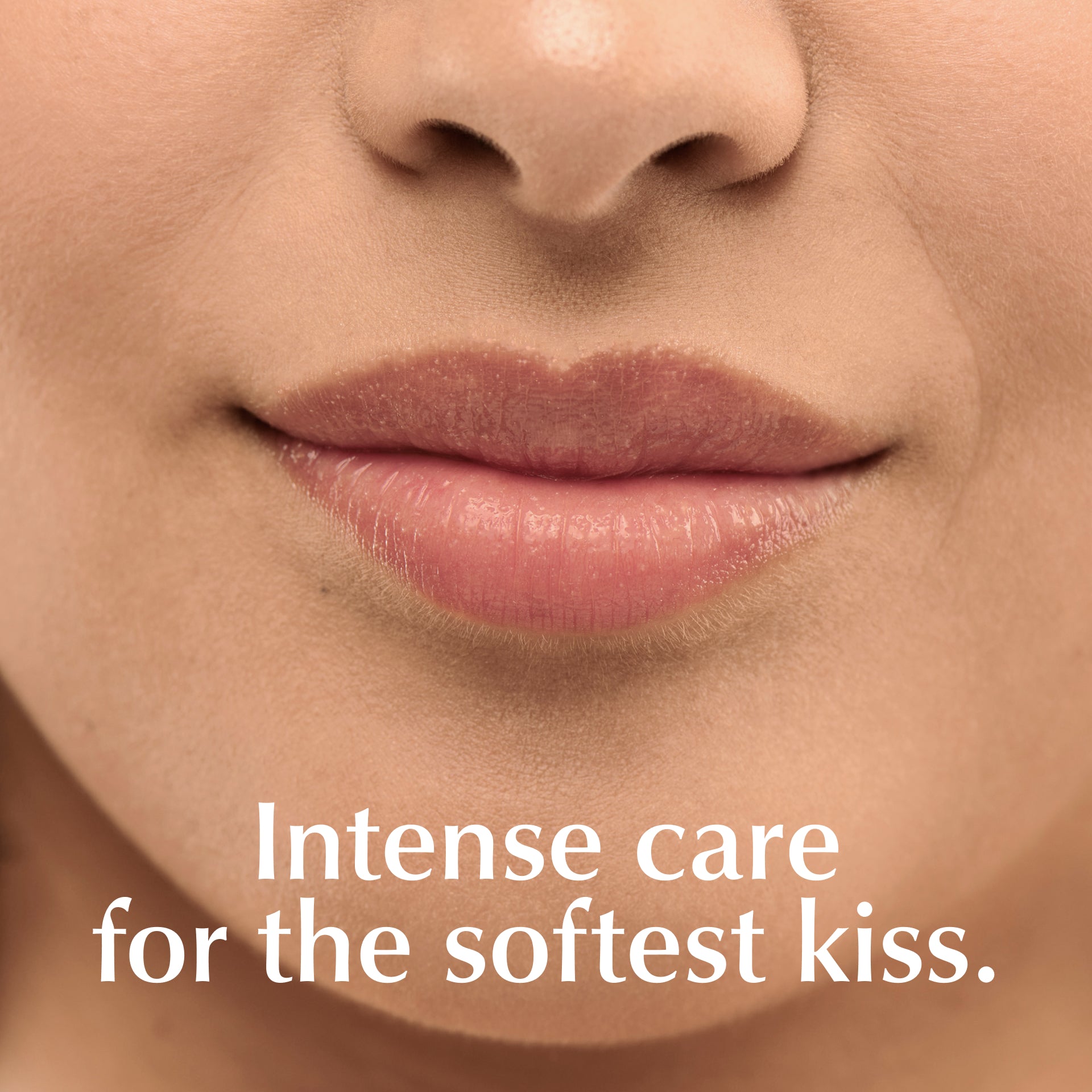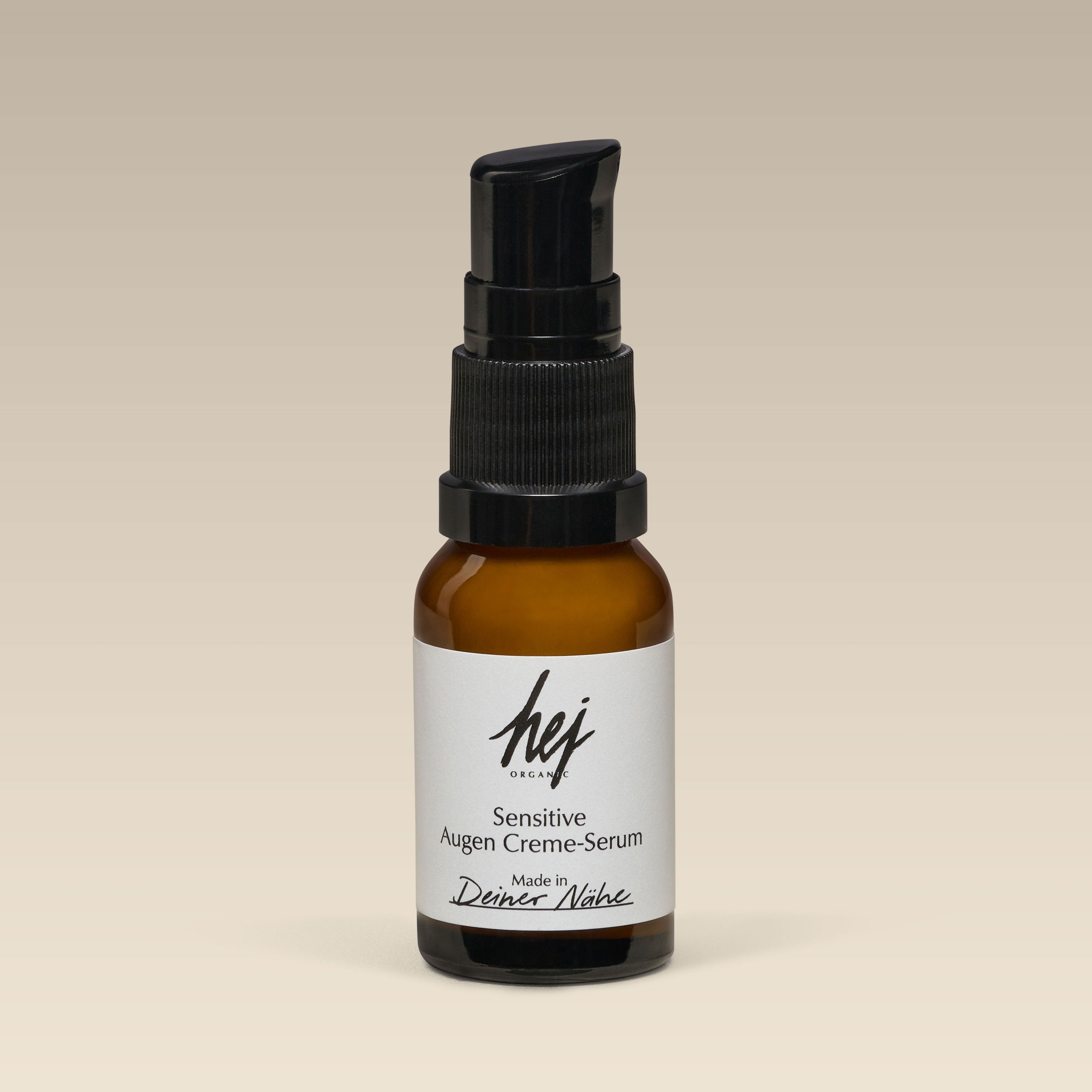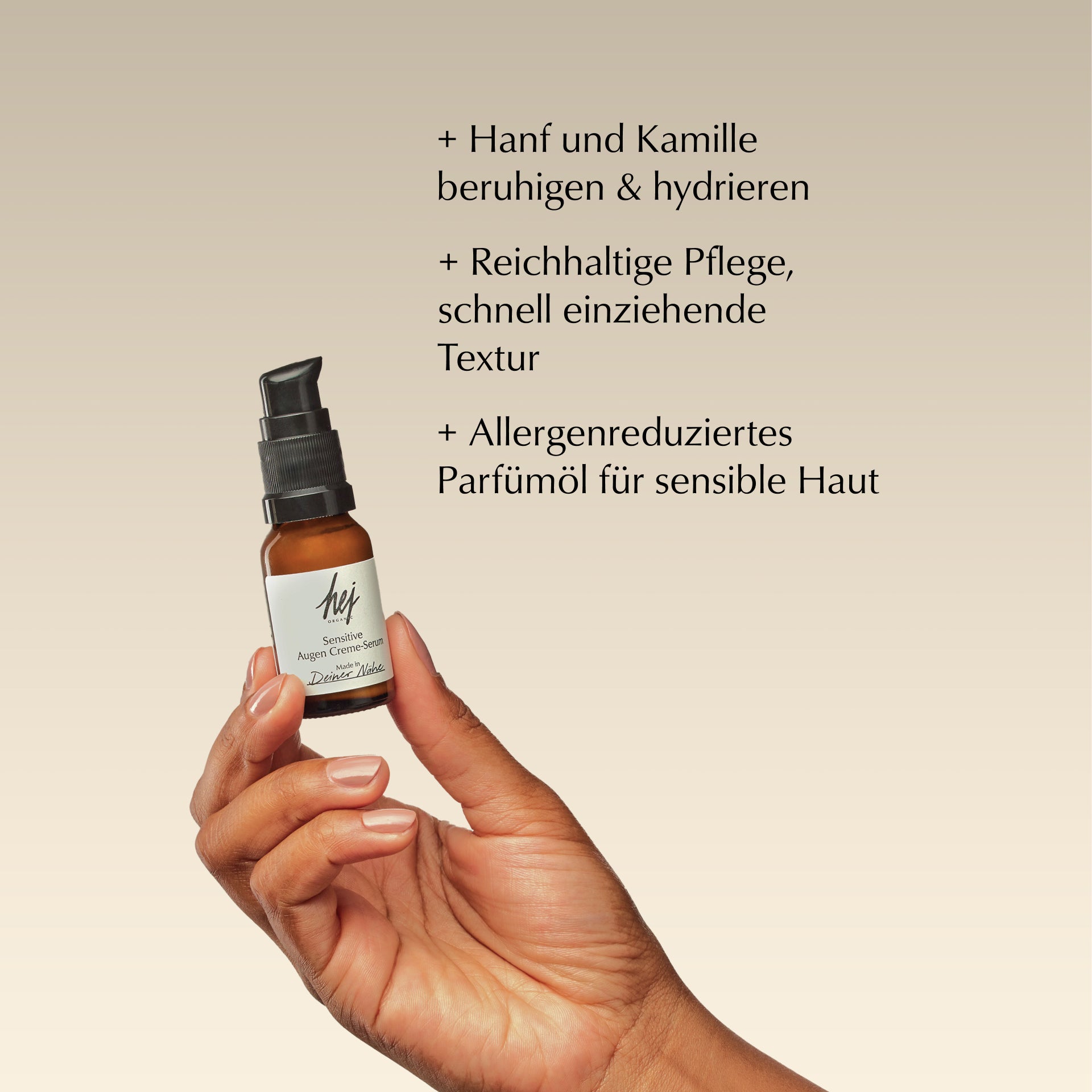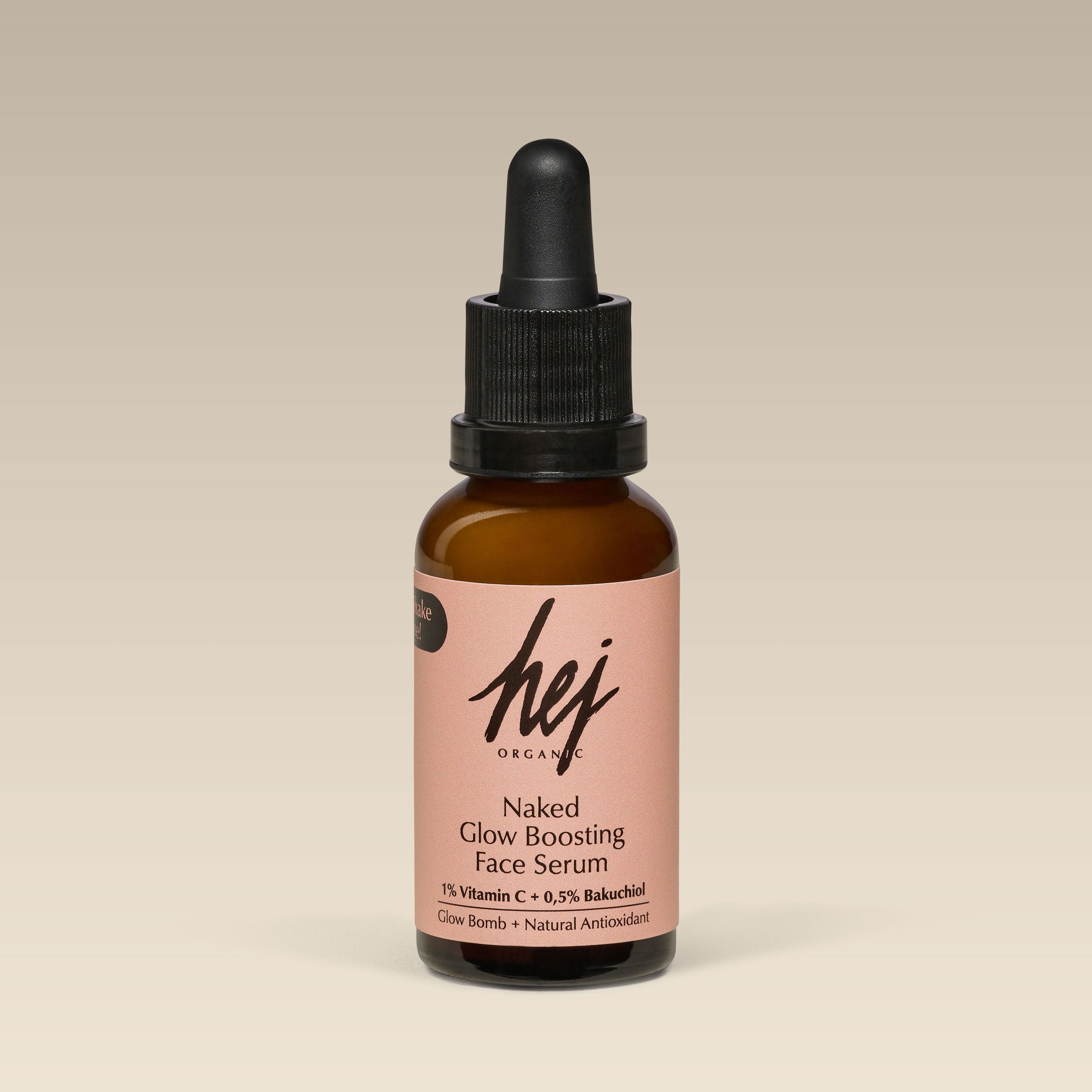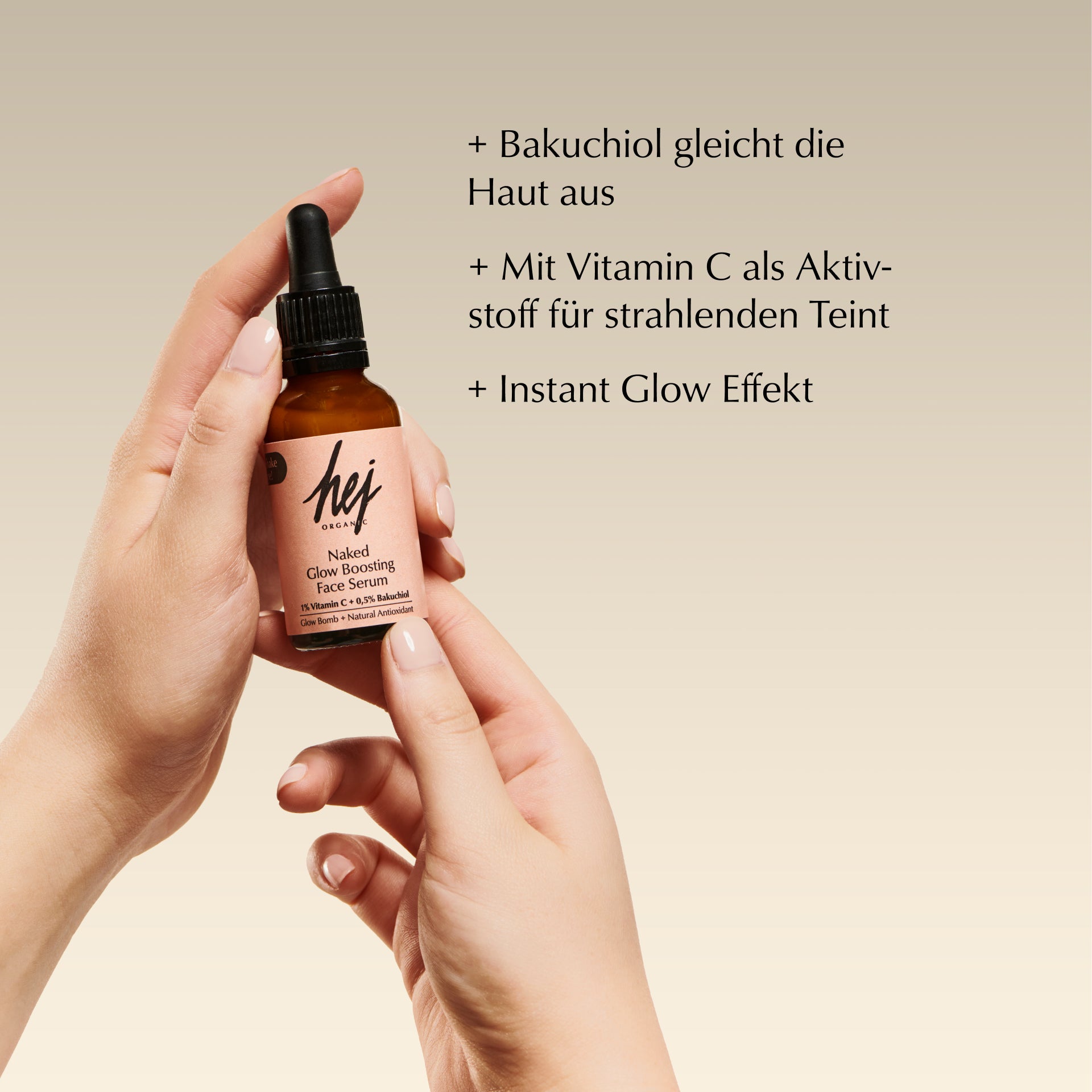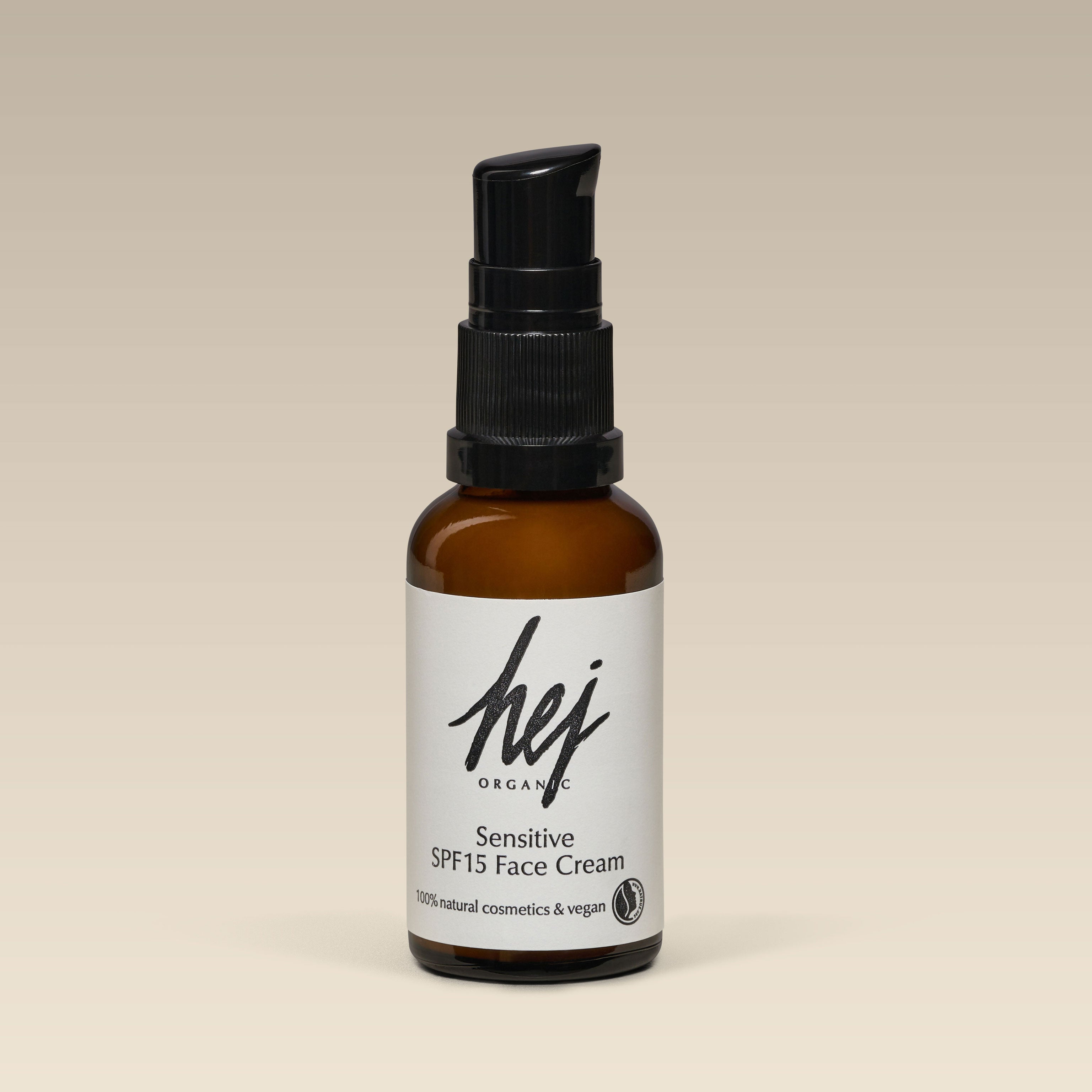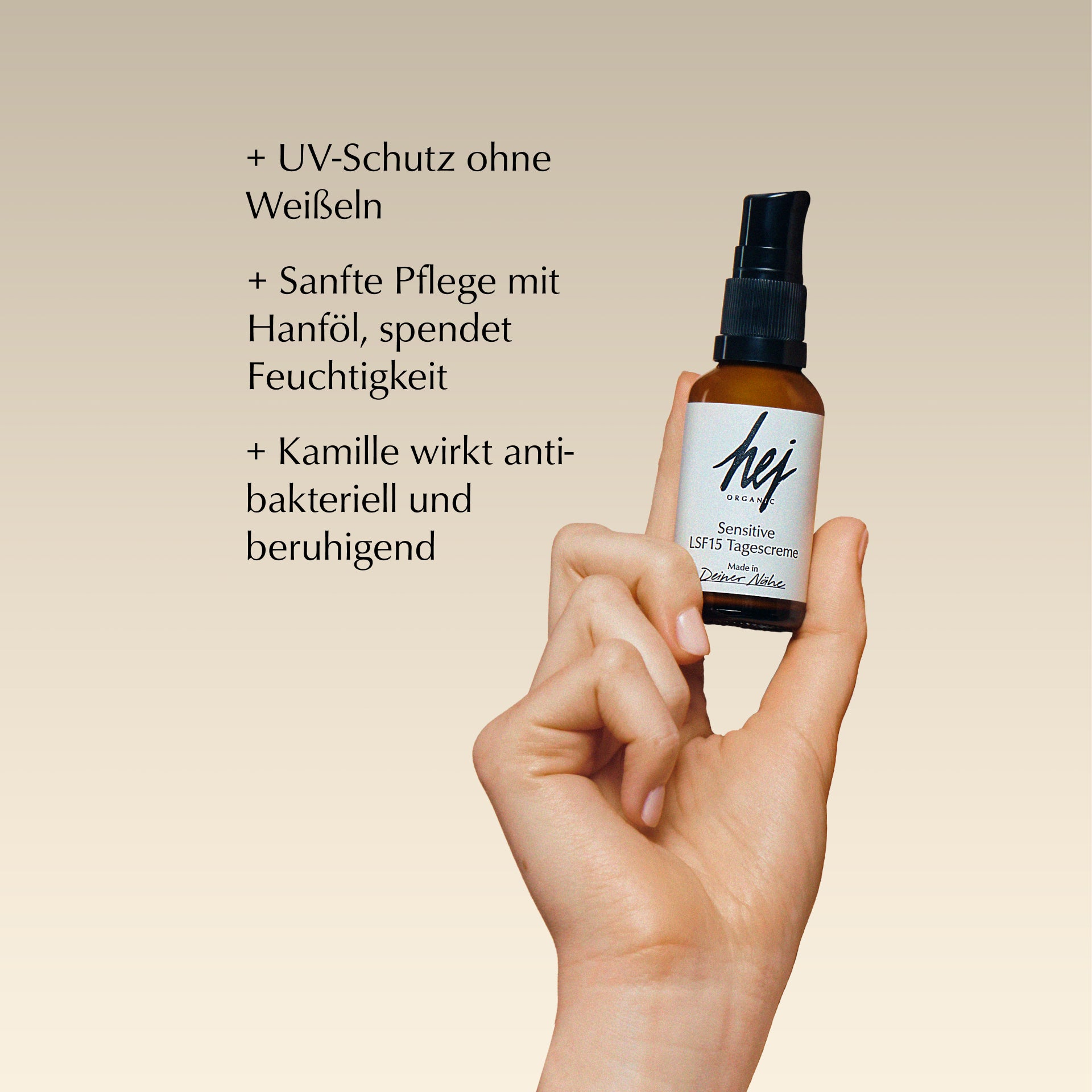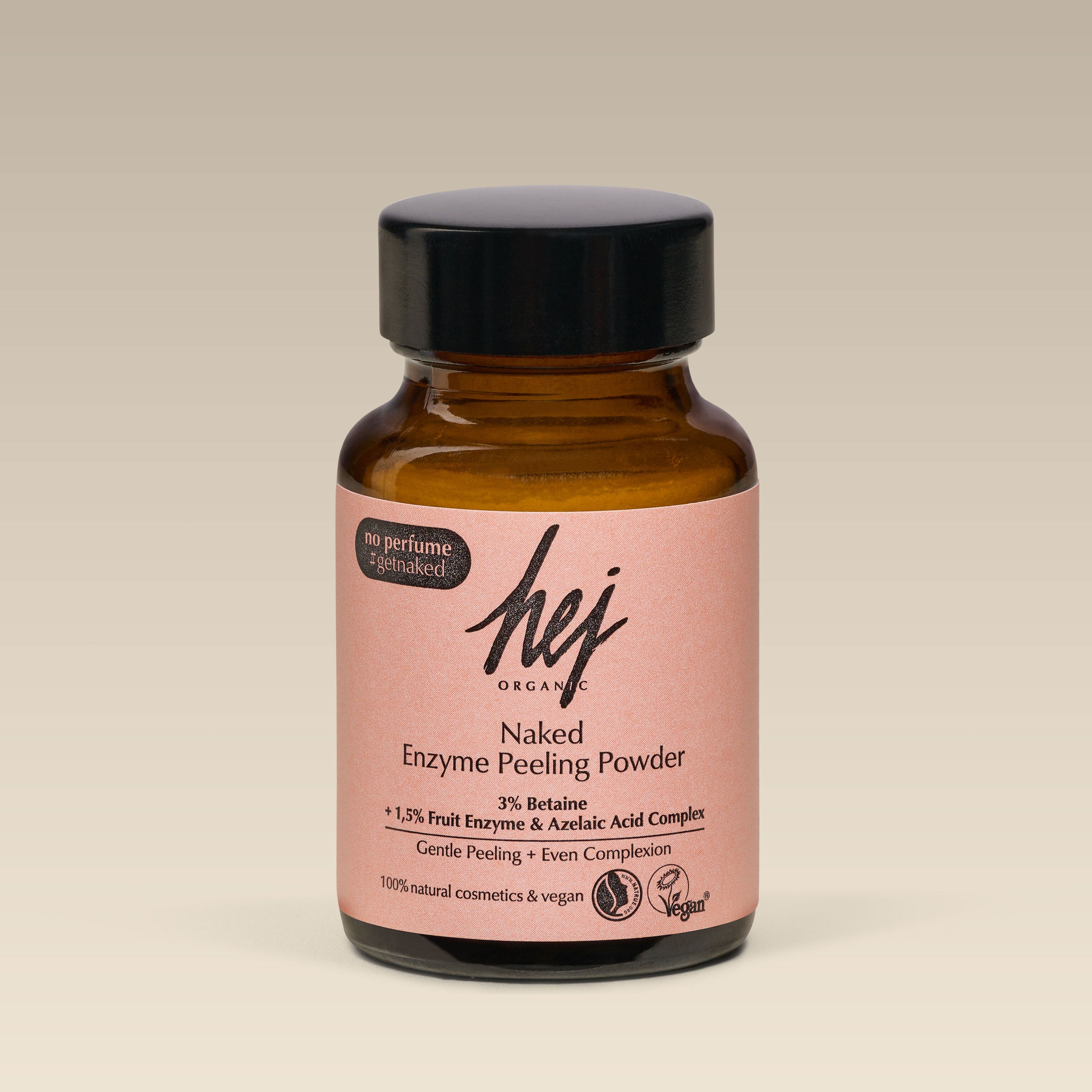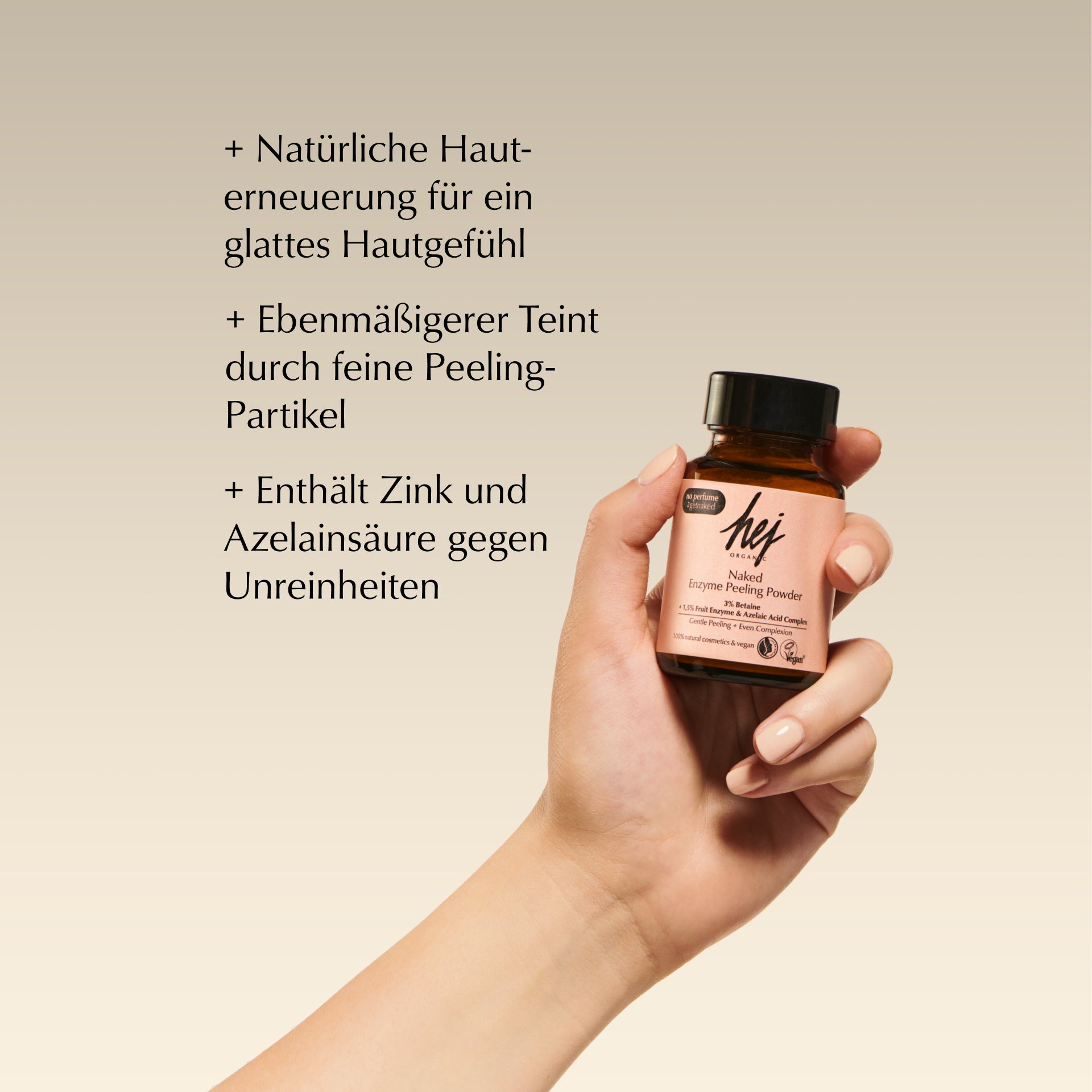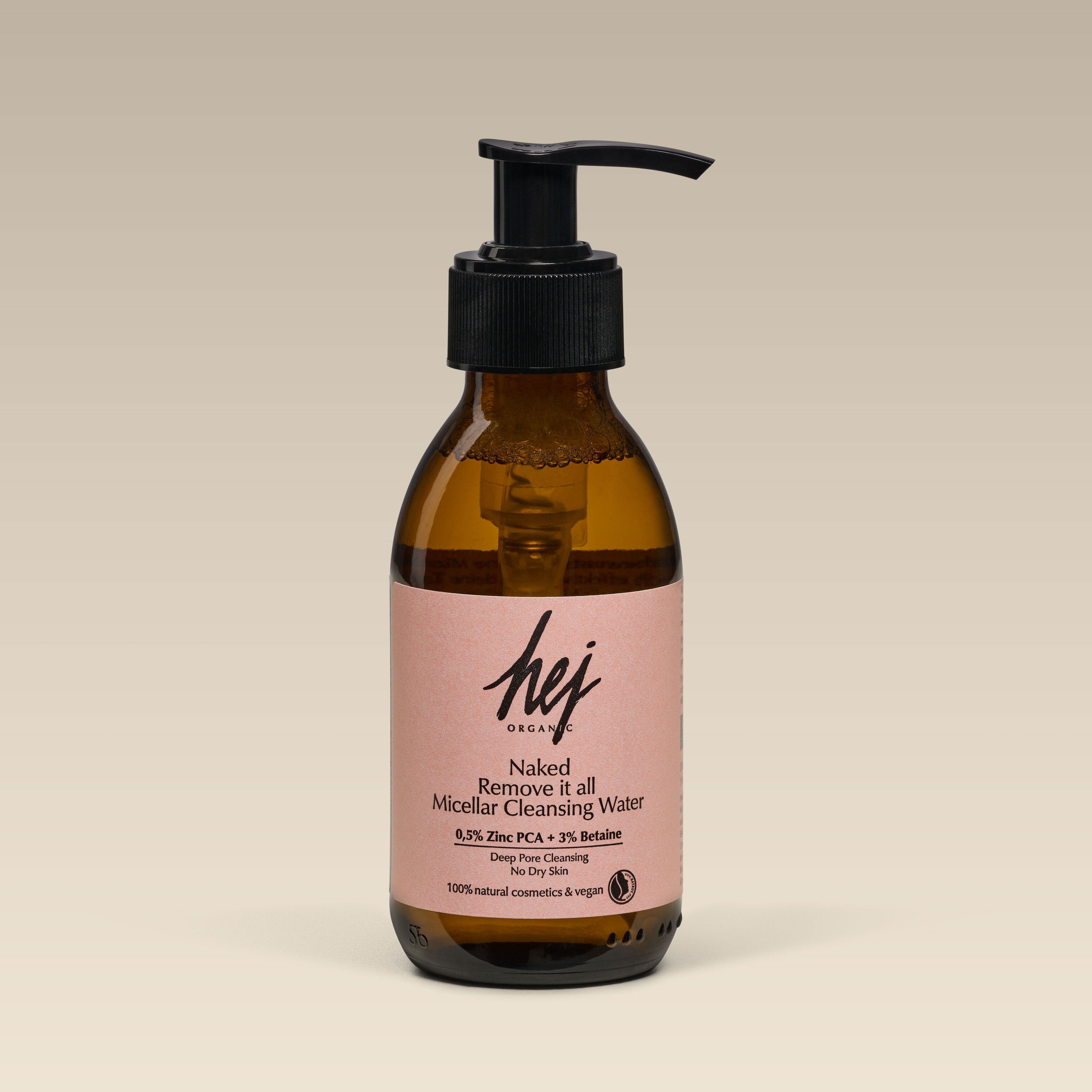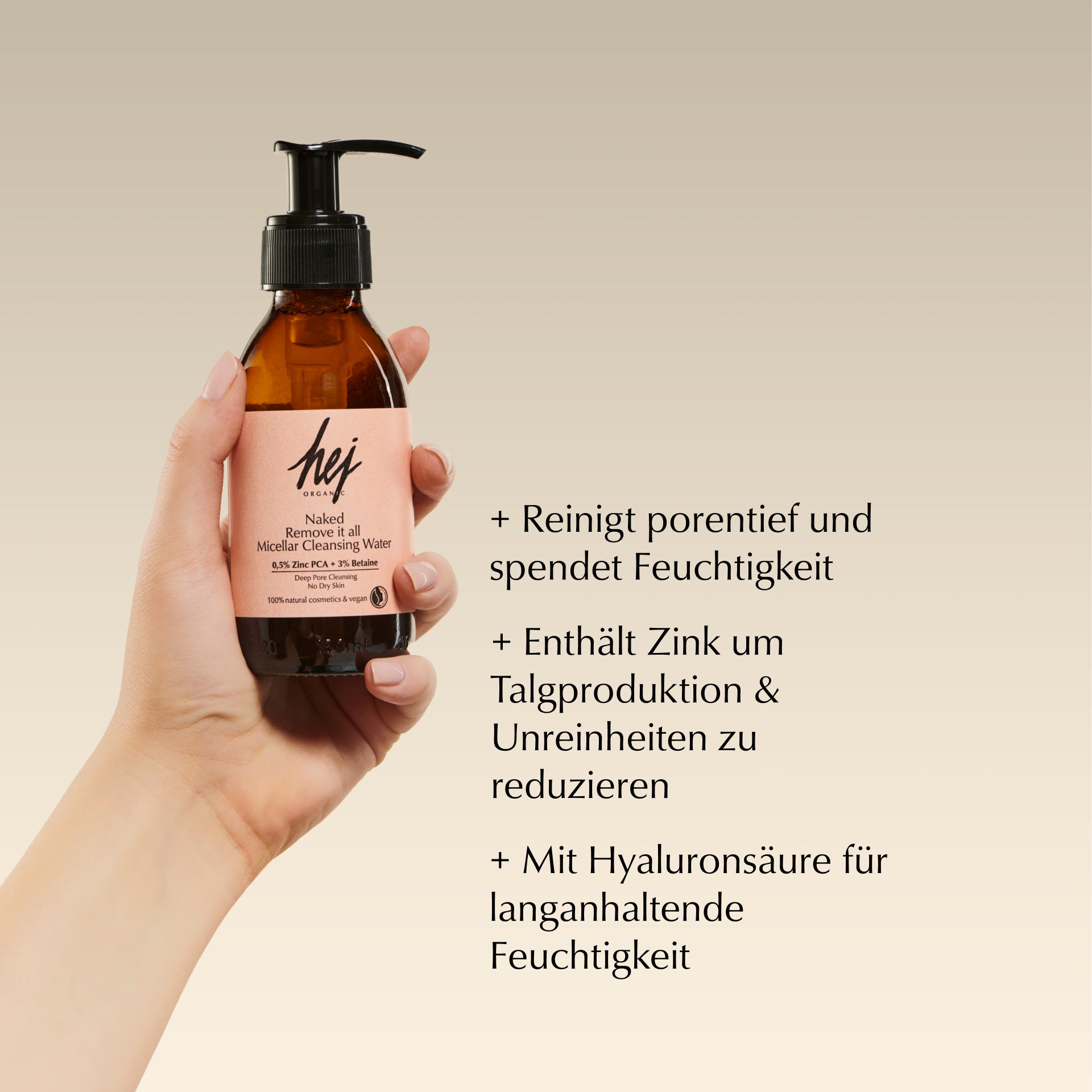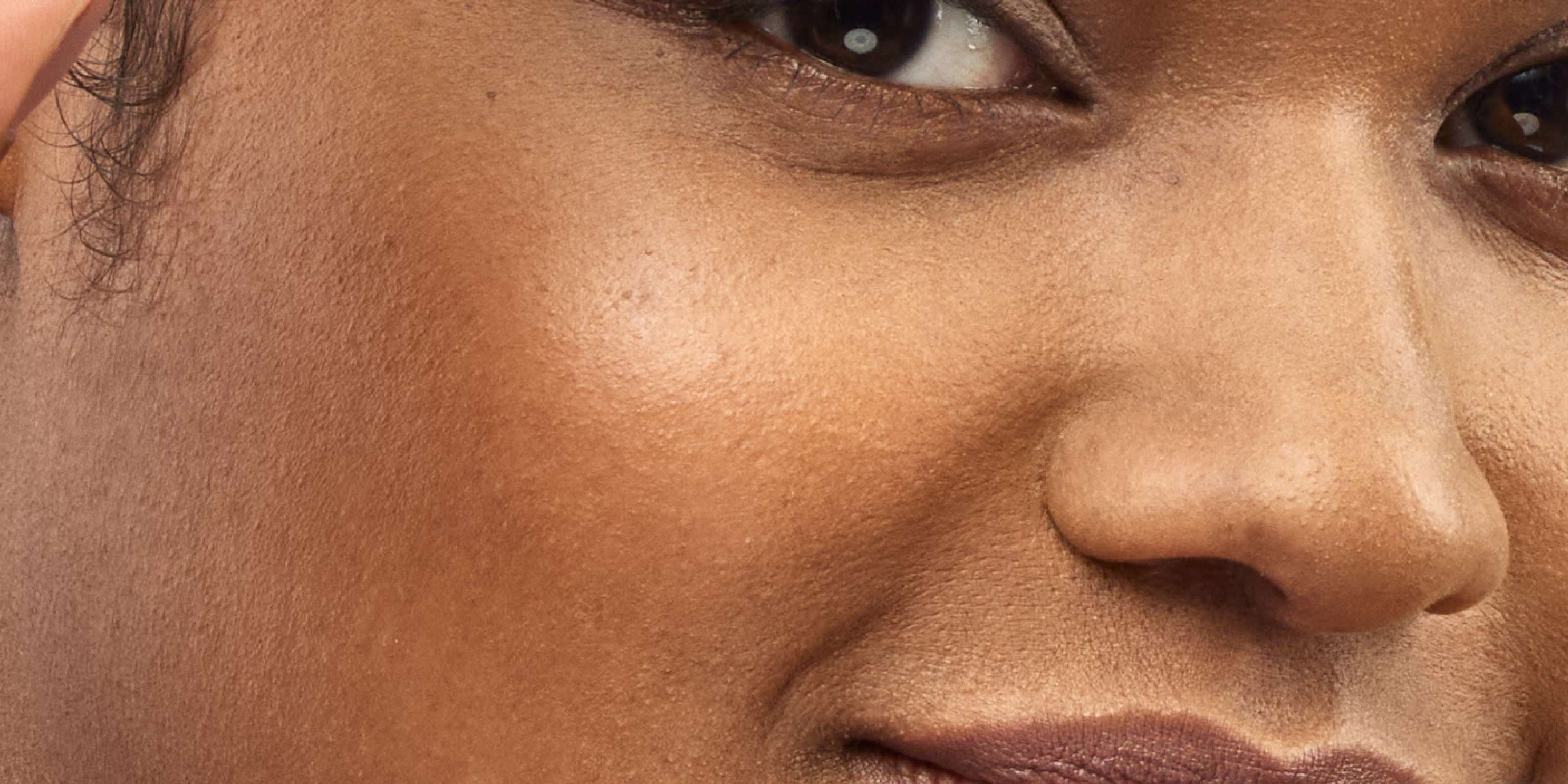
skin diagnosis
What is meant by dry skin?
Understanding Skin Condition
"Dry skin" refers to skin that does not contain enough moisture and can therefore appear rough, flaky, itchy or tight. This skin often feels uncomfortable and can lose elasticity. Dry skin can be caused by various factors, such as cold weather, showering too hot, incorrect skin care or even certain skin conditions such as eczema or psoriasis.
The right care for dry skin
cleaning
For dry skin, gentle cleansing is especially important, as harsh cleansers can strip the skin's natural oils and dry out the skin further. It is advisable to use mild, soap-free cleansers that are specifically designed for dry or sensitive skin. These often contain moisturizers such as glycerin, hyaluronic acid or aloe vera, which help to hydrate the skin. In addition, lukewarm water should be used instead of hot water, as hot water can dry out the skin further. When drying, it is advisable to pat the skin gently so as not to put unnecessary strain on it.
peelings
A gentle exfoliation is important for dry skin, as it often tends to flake. It helps remove dead skin cells and makes the skin more receptive to moisture. Use mild exfoliators with enzymes such as papaya or pineapple, or lactic acid exfoliators (AHA). Aggressive mechanical exfoliators should be avoided as they can irritate the skin. Exfoliating once a week is enough to keep the skin smooth and remove excess skin cells.
oils and serums
Oils and serums provide additional moisture and soothe particularly dry or flaky skin. Facial oils such as argan, rosehip or jojoba oil help to retain moisture and soothe dry patches. Serums with hyaluronic acid or vitamin E penetrate deep into the skin, moisturizing it and regenerating the skin barrier to protect against damage.
moisturizing
Moisturizing is crucial for dry skin as it increases water retention and repairs the skin barrier. Moisturizers with ingredients such as hyaluronic acid, glycerin, ceramides, urea and shea butter help to hydrate the skin and retain moisture. Apply the cream directly after showering or washing, when the skin is still slightly damp, to better seal in moisture. Particularly dry areas such as elbows, knees and hands benefit from rich lotions or creams.
sun protection
Sun protection is also important for dry skin, as UV rays can further dry the skin and damage the barrier. Apply a sunscreen with SPF 30 or higher daily, even in cloudy weather. Make sure the sunscreen is suitable for sensitive skin and does not contain irritating ingredients such as alcohol or perfume. Choose a moisturizing sunscreen that offers both UVA and UVB protection.
For dry skin, gentle cleansing is especially important, as harsh cleansers can strip the skin's natural oils and dry out the skin further. It is advisable to use mild, soap-free cleansers that are specifically designed for dry or sensitive skin. These often contain moisturizers such as glycerin, hyaluronic acid or aloe vera, which help to hydrate the skin. In addition, lukewarm water should be used instead of hot water, as hot water can dry out the skin further. When drying, it is advisable to pat the skin gently so as not to put unnecessary strain on it.
A gentle exfoliation is important for dry skin, as it often tends to flake. It helps remove dead skin cells and makes the skin more receptive to moisture. Use mild exfoliators with enzymes such as papaya or pineapple, or lactic acid exfoliators (AHA). Aggressive mechanical exfoliators should be avoided as they can irritate the skin. Exfoliating once a week is enough to keep the skin smooth and remove excess skin cells.
Oils and serums provide additional moisture and soothe particularly dry or flaky skin. Facial oils such as argan, rosehip or jojoba oil help to retain moisture and soothe dry patches. Serums with hyaluronic acid or vitamin E penetrate deep into the skin, moisturizing it and regenerating the skin barrier to protect against damage.
Moisturizing is crucial for dry skin as it increases water retention and repairs the skin barrier. Moisturizers with ingredients such as hyaluronic acid, glycerin, ceramides, urea and shea butter help to hydrate the skin and retain moisture. Apply the cream directly after showering or washing, when the skin is still slightly damp, to better seal in moisture. Particularly dry areas such as elbows, knees and hands benefit from rich lotions or creams.
Sun protection is also important for dry skin, as UV rays can further dry the skin and damage the barrier. Apply a sunscreen with SPF 30 or higher daily, even in cloudy weather. Make sure the sunscreen is suitable for sensitive skin and does not contain irritating ingredients such as alcohol or perfume. Choose a moisturizing sunscreen that offers both UVA and UVB protection.
Supporting the skin in everyday life
Nutrition: A balanced diet with healthy fats and vitamin-rich foods supports skin health. Omega-3 fatty acids (e.g. in fish and nuts) and healthy fats (e.g. in avocados and olive oil) help nourish the skin. Vitamins A, E and C promote skin regeneration. In addition, sufficient fluid intake is crucial for moisture balance. Drink 2-3 liters of water or alternative tea and fruit juices every day to nourish your skin from the inside.
Hygiene tips: Avoid hot water, as it dries out the skin and removes natural oils. Shower or bathe with lukewarm water instead. Limit shower time to 5-10 minutes and use mild, moisturizing products to avoid further irritating the skin. Apply moisture to slightly damp skin immediately after showering to help retain moisture. Products containing hyaluronic acid or ceramides are particularly good for dry skin.
Environmental factors: To protect dry skin, avoid skin irritants such as products containing alcohol, perfume or strong fragrances, as these can damage the skin barrier and dry the skin further. Choose products that are suitable for sensitive skin.
In winter, it is important to protect the skin from cold, wind and heating air. Wear a scarf, gloves and hat to protect the skin from the cold wind and regularly moisturize the skin with rich creams and oils to avoid dryness.
stress management is crucial for skin care, especially for dry skin, as stress can weaken the skin barrier and increase inflammation. Increased cortisol levels due to stress lead to dehydrated skin that is more susceptible to irritants. In addition, stress and skin problems can enter a vicious cycle that further increases stress.
Stress management strategies that also benefit the skin include:
mindfulness and meditation: Reduce stress and lower cortisol levels. 10-15 minutes daily is ideal.
Regular exercise: Promotes blood circulation and releases endorphins that lift your mood.
relaxation techniques: Such as breathing exercises or progressive muscle relaxation to reduce tension.
Enough sleep: Promotes the regeneration of the body and lowers cortisol levels.
Social support: Talking to friends or family helps to reduce stress levels.
Avoid stress enhancers: Reduce caffeine, poor diet and screen time to reduce stress.
Causes of dry skin
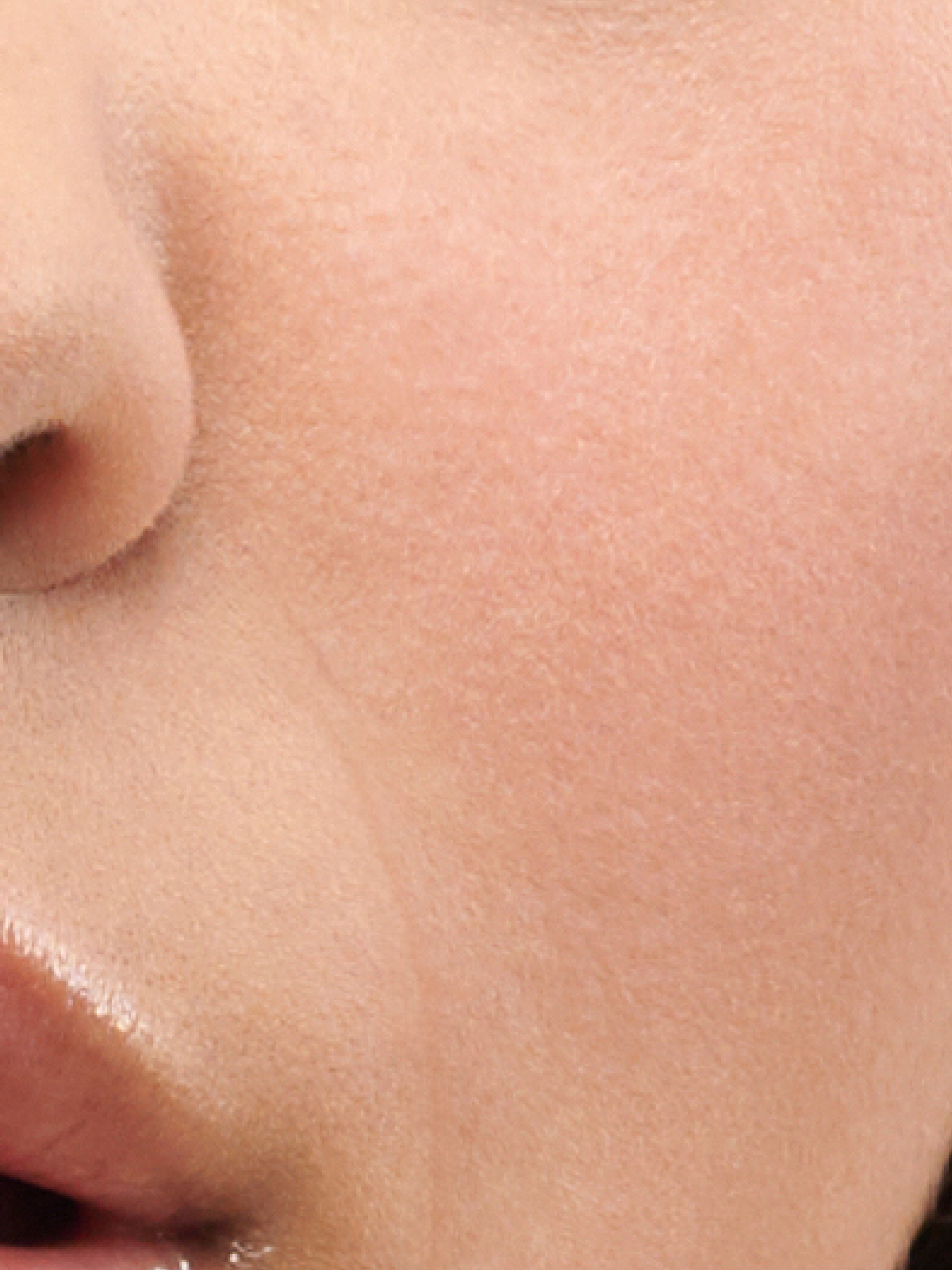
Internal influencing factors
Hormonal changes are often one of the causes of dry skin.
Hormonal changes play a crucial role in dry skin because they affect the skin's ability to retain moisture. Different phases of life and hormonal fluctuations can dry out the skin or make it more sensitive.
- Puberty: Hormonal changes can cause skin imbalance. Although the skin may be oily at first, it may become dry later, especially with the use of acne medications.
- Pregnancy: The increased estrogen levels often lead to better skin, but can also cause dry skin, especially in later stages due to stretching and fluid loss.
- Menopause: The decline in estrogen during menopause reduces the skin's moisture and elasticity, making it drier and more prone to wrinkles. In addition, night sweats can further dry out the skin.
- menstrual cycle: Hormonal fluctuations, especially the rise in progesterone before your period, can make your skin oily, while falling estrogen levels afterward can lead to dryness.
- Contraceptives: Hormonal contraceptives, especially those containing higher doses of estrogen or progesterone, can dry out the skin or make it more sensitive.
Other internal factors can affect dry skin:
Diseases and infections: Skin diseases such as contact dermatitis, fungal infections or rosacea can dry out and irritate the skin.
Genetic predisposition: Some people have naturally more sensitive or thinner skin that is more prone to dryness.
Medical conditions: Conditions such as eczema, psoriasis, diabetes and thyroid disorders can weaken the skin barrier and cause moisture loss.
Dehydration: Insufficient hydration results in the skin being less able to retain moisture.
Aging: As we age, the skin's ability to retain moisture decreases, making it drier. Hormonal changes, especially during menopause, exacerbate this.
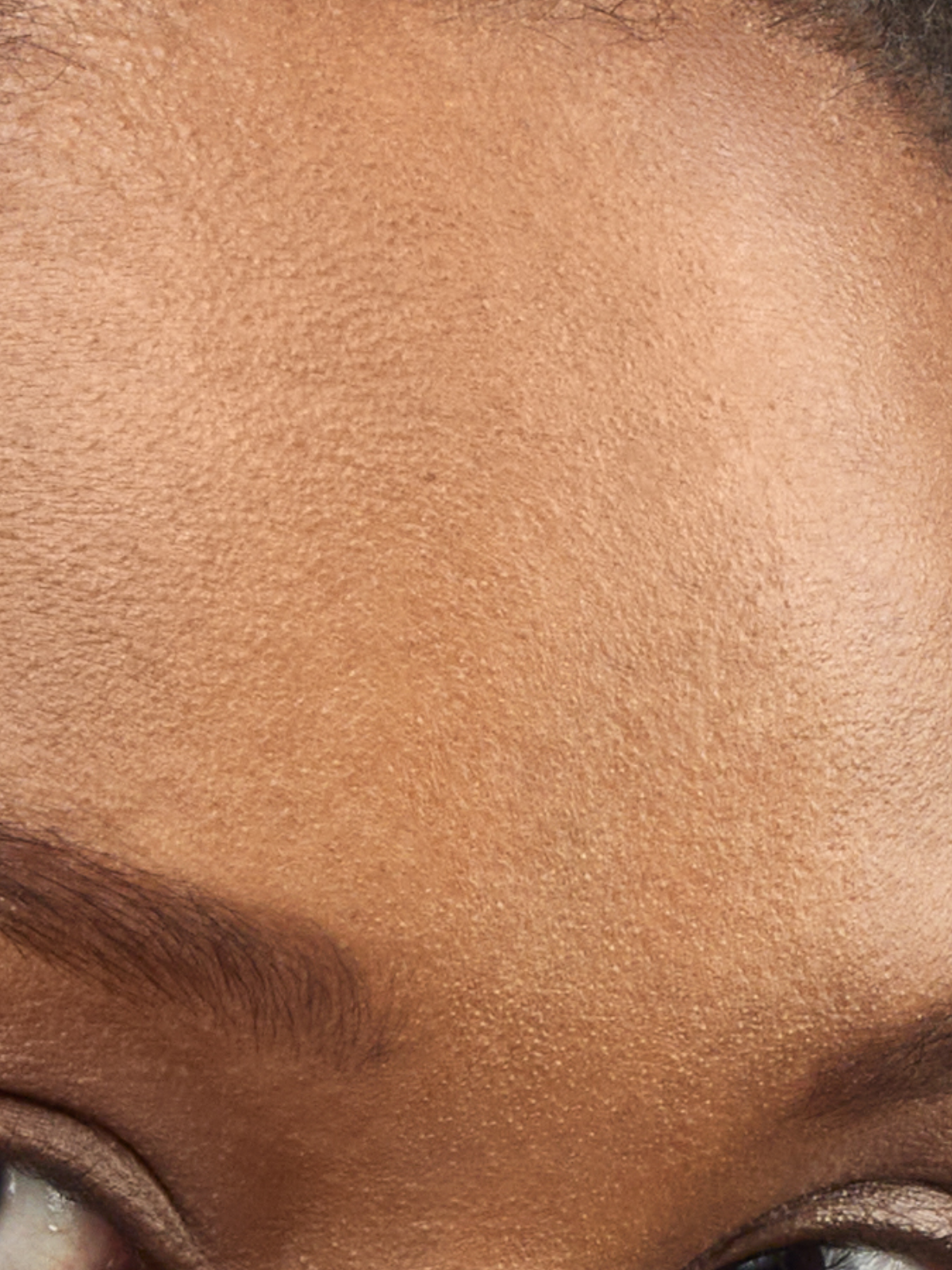
External influencing factors
While internal causes play a role, external influences can also put additional strain on skin health. It is important to recognize these factors and take targeted measures
Environmental factors, medications, diet and stress can all contribute to dry skin.
- Environmental factors: Cold air and heated air dehydrate the skin, while air pollution can damage the skin barrier.
- medication intake: Certain medications such as diuretics, antihistamines, retinoids and cancer treatments can cause dry skin.
- Nutrition: An unbalanced diet lacking essential fatty acids or vitamins can affect skin health and lead to dryness.
- Stress: Chronic stress can disrupt hormone levels and weaken the skin barrier, making the skin more susceptible to dryness and irritation.
Washing too often: Frequent showering or bathing with hot water and aggressive cleaning products (e.g. soaps with strong surfactants or alcohol) remove the skin's natural oils and lead to dryness.
Incorrect skin care: Using unsuitable products, such as strong cleansing products on sensitive skin, or too frequent exfoliation with abrasive products can damage the skin barrier and lead to dehydration.
Internal influencing factors
Hormonal changes are often one of the causes of dry skin.
Hormonal changes play a crucial role in dry skin because they affect the skin's ability to retain moisture. Different phases of life and hormonal fluctuations can dry out the skin or make it more sensitive.
- Puberty: Hormonal changes can cause skin imbalance. Although the skin may be oily at first, it may become dry later, especially with the use of acne medications.
- Pregnancy: The increased estrogen levels often lead to better skin, but can also cause dry skin, especially in later stages due to stretching and fluid loss.
- Menopause: The decline in estrogen during menopause reduces the skin's moisture and elasticity, making it drier and more prone to wrinkles. In addition, night sweats can further dry out the skin.
- menstrual cycle: Hormonal fluctuations, especially the rise in progesterone before your period, can make your skin oily, while falling estrogen levels afterward can lead to dryness.
- Contraceptives: Hormonal contraceptives, especially those containing higher doses of estrogen or progesterone, can dry out the skin or make it more sensitive.
Other internal factors can affect dry skin:
Diseases and infections: Skin diseases such as contact dermatitis, fungal infections or rosacea can dry out and irritate the skin.
Genetic predisposition: Some people have naturally more sensitive or thinner skin that is more prone to dryness.
Medical conditions: Conditions such as eczema, psoriasis, diabetes and thyroid disorders can weaken the skin barrier and cause moisture loss.
Dehydration: Insufficient hydration results in the skin being less able to retain moisture.
Aging: As we age, the skin's ability to retain moisture decreases, making it drier. Hormonal changes, especially during menopause, exacerbate this.
External influencing factors
While internal causes play a role, external influences can also put additional strain on skin health. It is important to recognize these factors and take targeted measures
Environmental factors, medications, diet and stress can all contribute to dry skin.
- Environmental factors: Cold air and heated air dehydrate the skin, while air pollution can damage the skin barrier.
- medication intake: Certain medications such as diuretics, antihistamines, retinoids and cancer treatments can cause dry skin.
- Nutrition: An unbalanced diet lacking essential fatty acids or vitamins can affect skin health and lead to dryness.
- Stress: Chronic stress can disrupt hormone levels and weaken the skin barrier, making the skin more susceptible to dryness and irritation.
Washing too often: Frequent showering or bathing with hot water and aggressive cleaning products (e.g. soaps with strong surfactants or alcohol) remove the skin's natural oils and lead to dryness.
Incorrect skin care: Using unsuitable products, such as strong cleansing products on sensitive skin, or too frequent exfoliation with abrasive products can damage the skin barrier and lead to dehydration.


Recognize common features
The different types of dry skin
Dry skin can manifest itself in different forms.
- feeling of tension and lack of elasticity
- itching and redness
- Cracks and Grooves and Rough Texture
- flaky skin
The skin feels tight and uncomfortable, especially after washing or showering. Dry skin therefore often loses its elasticity and appears less supple.
Dry skin tends to itch, especially when it is very dry or has been irritated by external influences.
The skin may be slightly irritated and reddened because the protective barrier is compromised by the lack of moisture.
In extreme cases, dry skin can develop cracks that can be painful, especially on the hands, feet or lips.
The skin often feels rough or "coarse" instead of smooth and soft.
Small, fine scales or larger, dry areas of skin are typical signs.
Frequency of dry skin in different phases of life
Frequency: About 50-60% of the population suffer from dry skin at some point, especially women after menopause. In industrialized countries, air conditioning and heating systems contribute to the problem.
Age: 70% of people over 65 have chronically dry skin, while newborns and young children can also be affected due to an incomplete skin barrier.
Causes: Dry, cold air, low humidity, incorrect skin care and diseases such as eczema or diabetes promote dry skin.
Effects: Around 10-20% of those affected report limitations due to itching and discomfort. 30-50% have a chronic problem that requires regular treatment.
Treatment: Moisturizers are the most important step. 97% of those affected use such products. Home remedies such as oat baths are also common.
Combination with other skin problems: Dry skin often occurs together with eczema, psoriasis and rosacea.
Cost: In the United States, approximately $3 billion is spent annually on dry skin products.
Prevention: Gentle use of water and moisturizing cleansers are recommended. Natural products without parabens or alcohol are popular.
